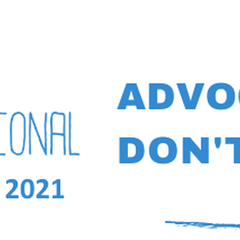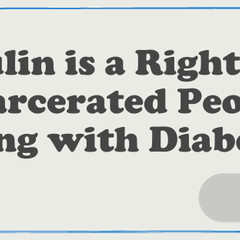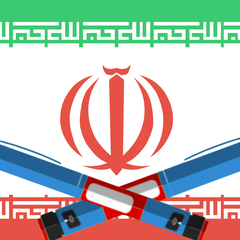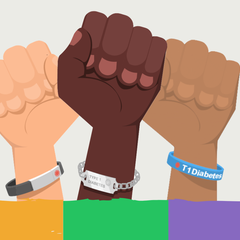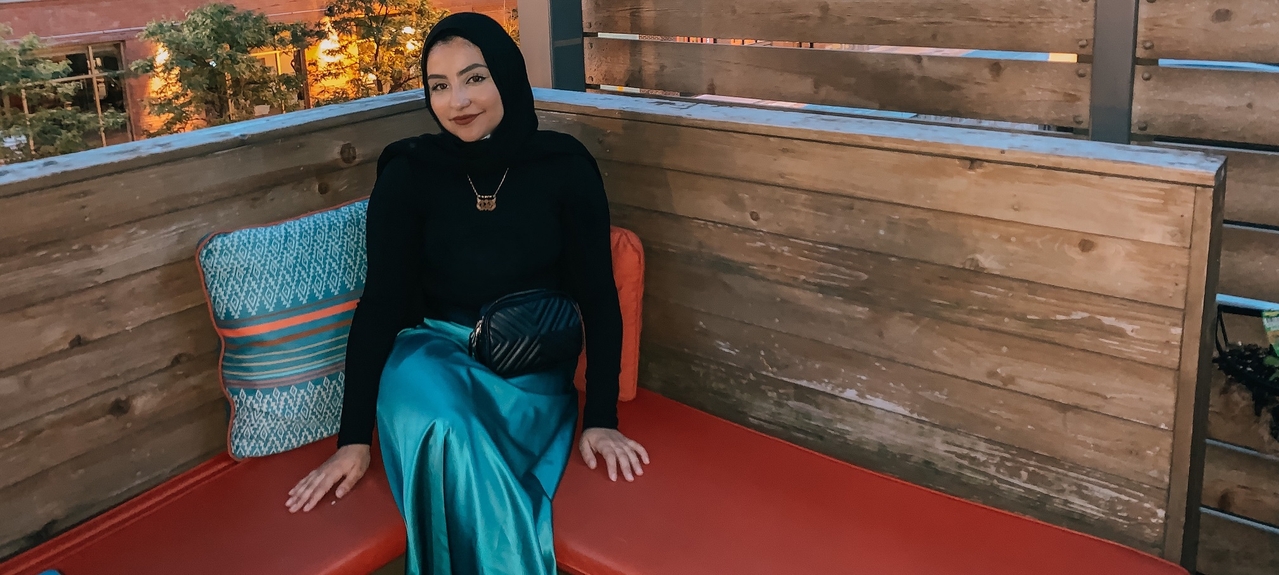
Underrepresented Communities and Navigating the System
14 Jun 2021, 12:52 p.m. in #insulin4all USA, Global Stories by Alzahrra Almajid
I was diagnosed with type 1 diabetes when I was 8 years old. Having parents who were immigrants from Iraq and people of color was especially hard in navigating diabetes. My mom dealt with a lot of demeaning comments from healthcare providers because she was not taken seriously. In the initial months after diagnosis, her ability to care for me and help manage this new disease was often questioned. It felt like they thought she was too incompetent to understand how diabetes is treated. I remember how disrespected and vulnerable I felt because of the tone doctors spoke to us with.
When I was about eleven years old, I was hospitalized for having a high fever and diabetic keto-acidosis (DKA). On the second day of my stay at the hospital, a nurse asked me if I was purposely not giving myself insulin because it “did not make sense” that my blood sugars were still elevated. I was stunned by how demeaning that comment was. I felt so belittled in that moment that it has stuck with me all these years. Why would I want to feel that way? How could I fake it if the nurses were the ones administering my insulin at the hospital? It turned out I had an infection that was causing the high blood sugars and fever so no, I was not purposely not giving myself insulin. After that day, I started to notice how different my life was compared to other diabetics I met.
There was not much awareness about type one diabetes in my community so it was difficult for me and my mom to find resources about what treatments were out there. We were not aware of what an insulin pump was or what a continuous glucose monitor (CGM) was. We had no idea that they even existed until I began to research diabetes on my own when I was about eleven years old. Only after I mentioned insulin pumps to my doctor, did we start discussing them as a viable option. When I learned about CGMs later on, I wanted one so bad because I was certain it would help my elevated A1cs. However, after hearing how much it cost, I knew that it was nearly impossible to get it.
Seven years after my diagnosis my brother was also diagnosed with type 1 diabetes which made the already bad financial burden worse. Although all people with diabetes struggle with how expensive diabetes can be, immigrants and people of color often do not have access to quality health insurance (or any access) so they are less likely to benefit from advanced diabetes technology. As I got older I began to understand how difficult it is to navigate a system that makes it harder for people in underrepresented communities to get adequate care.
I knew from early on that I wanted to advocate for marginalized groups. Being a person with type 1 diabetes is already mentally draining and expensive. When you add the challenges of navigating through racial or ethnic disparities, diabetes becomes agonizing. Black, Indigenous, and People of Color (BIPOC) deserve to have representation in the diabetes community and have their concerns addressed. They deserve the same level of care and access to resources that their white counterparts have. I chose to become a Communities of Color Lead for the Illinois #insulin4all Chapters because I want to influence positive change by making sure BIPOC are not left out of the conversation.




